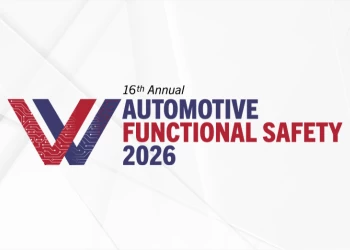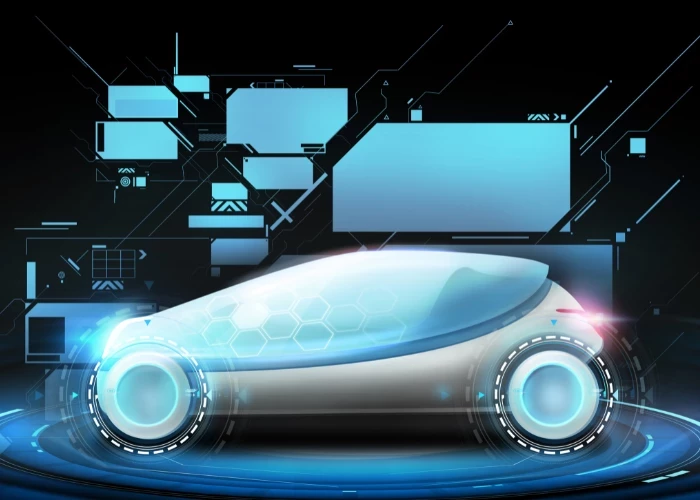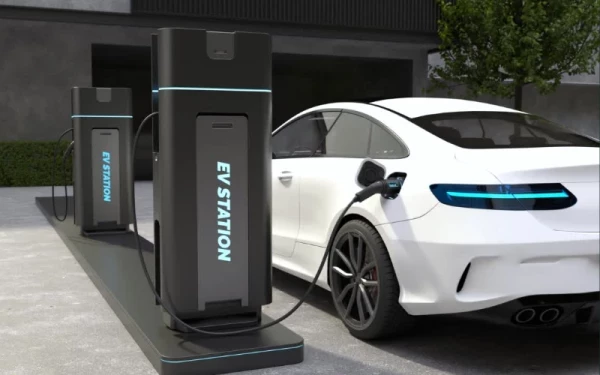Top Five: EV Battery factories in Europe
Add bookmark
The electric Volkswagen ID3 was due to arrive in showrooms across Europe in March. However, Covid-19 had other ideas, and the rollout of one of the most significant cars – as far as the mainstream uptake of EVs goes – has taken a back seat to social distancing, lockdown and live as we know it being put on hold.
Regardless of the delay, the electric vehicle revolution remains very much at the heart of the automotive industry’s future plans. That’s particularly pertinent in Europe, where EU CO2-based emissions targets can lead significant fines for non-compliance.
In the scramble to make the electric switch, the supply chain has also faced significant challenges. Not least, how will batteries be assembled and distributed to take their place in a new generation of EV platforms? This week’s Top Five takes a look at some of the answers to that question:
#1 – Samsung SDI Hungary Plants 1 and 2
- Location Göd, Hungary
- Total investment $1.558bn
- Operating from 2018 (Plant 1) and 2021 (Plant 2)
- Output 2.5GWh (Plant 1) and 7.5GWh (Plant 2)
- Brands supplied BMW, Volkswagen, Volvo Trucks
Samsung's first European EV battery plant opened in 2018, in its former plasma display panel (PDP) factory. It was capable of producing batteries for 50,000 electric vehicles per year.
However, due to a significant lift in demand, Samsung bought a neighboring plot, tripling the capacity of its Hungary operations, lifting cell production from six million to 18 million per month.
#2 – SK Innovation Plants 1 and 2
- Location Komarom, Hungary
- Total investment $1.621bn
- Operating from 2020 (Plant 1) and 2022 (Plant 2)
- Output 7.5GWh (Plant 1) and 7.5GWh (Plant 2)
- Brands supplied Hyundai, BAIC, Daimler, VW Group
South Korea's SK Battery started producing EV cells in 2006, and its Hungarian plants are its first overseas. The initial plan is to supply 7.5GWh of cells annually, enough to serve around 250,000 cars capable of a 500km range.
Demand, particularly from the VW Group, has seen the firm look to expand its Hungary facility already, doubling its potential capacity.
#3 – LG Chem Poland
- Location Wroclaw, Poland
- Total investment $3.034bn
- Operating from 2022
- Output 4GWh, but will expand to 70GWh over time
- Brands supplied Daimler, Porsche, Volvo, Audi, Renault and Jaguar
LG's rapidly expanding Polish factory is likely to become Europe's biggest supplier of EV batteries, although how long it holds that title is unsure. Initially building cells to power 80,000 vehicles per year, the factory is now being expanded on strong demand.
Thanks to strong support from the LG board, the factory will expand thanks to the acquisition of a Turkish television assembly plant located next to its current facility. Total planned capacity now stretches right up to 70GWh.
#4 – Northvolt Ett
- Location Skellefteå, Sweden
- Total investment $4.7bn
- Operating from 2024
- Output 32GWh, plus 16GWh in Germany
- Brands supplied BMW, Volkswagen
Northvolt was founded in 2016 in response to European calls for a drastic improvement in clean energy provision. Headquartered in Stockholm, the firm plans to have is first major factory up and running in 2021, with annual capacity to hit 32GWh by 2024.
The firm also has a joint venture to build a battery factory in Salzgitter, Germany. Called Northvolt Zwei, production is due to begin in 2021, with the first batteries being built from 2024 at an annual output of 16GWh.
#5 – CATL Germany
- Location Erfurt, Germany
- Total investment $1.951bn
- Operating from 2022
- Output 14GWh
- Brands supplied BMW, Volkswagen, Daimler, Volvo, and Bosch
China's Contemporary Amperex Technology Co. Limited broke ground on its first overseas battery factory in Erfurt, Germany in 2019.
The facility will provide 2,000 jobs in the local area when the factory opens in 2022. It is being built so that CATL can supply its partners, including BMW, Volkswagen, Daimler, Volvo, and Bosch.
Honorable mentions
The carmakers are also working on their own in-house battery factory projects to ensure a healthy supply of cells.
Tesla shocked the German big hitters with the announcement of a $2bn Gigafactory just outside Berlin. Due to come into service in July 2021, the factory will produce the Model 3 and Model Y EVs, and the batteries that power them, expanding eventually to an annual capacity of 500,000 cars.
Daimler has splashed out over $1bn on its global battery production network, including a $650m investment in Germany, with two factories in Kamenz and another in Stuttgart-Untertürkheim to supply its Mercedes EQ range.
































